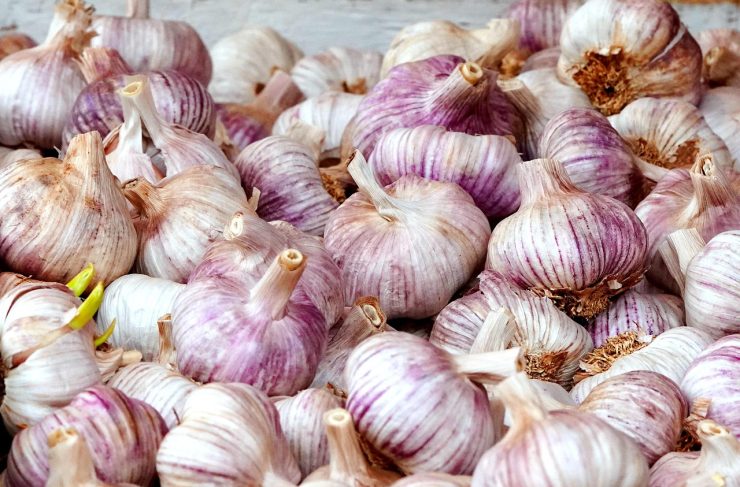High blood pressure is an increasingly common issue, especially in the United States. Often called the “silent killer,” it can act as an early warning sign for more serious cardiovascular conditions, particularly heart disease.
Blood pressure refers to the force of blood pushing against the walls of the arteries as it circulates through the body. It’s measured using two numbers: the systolic (the top number), which indicates pressure when the heart is actively pumping, and the diastolic (the bottom number), which measures pressure while the heart is resting between beats.
A normal reading typically falls between 90–120 systolic and 60–80 diastolic. Readings above 120/80 fall into the “pre-hypertensive” range, while anything at or above 140/90 is classified as hypertension. Readings over 180 are considered a medical emergency and should be treated immediately.
What Contributes to High Blood Pressure?
While the exact causes of high blood pressure aren’t fully understood, several lifestyle and dietary factors are commonly linked to its development:
-
Smoking
-
Diets high in processed carbohydrates
-
Excess body weight
-
Alcohol consumption
-
Lack of physical activity
-
High sodium intake
-
Elevated blood sugar levels
In many cases, prescription medications are the go-to treatment for hypertension. However, these medications often come with unwanted side effects, including dizziness, nausea, fatigue, coughing, and sexual dysfunction.
Fortunately, diet and lifestyle changes can play a powerful role in managing and even lowering blood pressure—without the side effects. Regular physical activity, improved sleep, reduced alcohol consumption, and a diet low in sugar and refined carbohydrates have all been shown to help.
The Role of Garlic in Blood Pressure Control
Garlic has long been used as both a culinary staple and a natural remedy for a variety of ailments—including high blood pressure. Rich in sulfur compounds, antioxidants, amino acids, and key vitamins and minerals, garlic offers a wide range of health benefits. Its most well-known compound is allicin, which is responsible for many of its medicinal properties.
What makes garlic especially interesting is its ability to work in a way that’s similar to pharmaceutical blood pressure medications. It contains a natural compound called gamma-glutamylcysteine, which functions much like ACE inhibitors by helping to relax and dilate blood vessels. This effect, combined with allicin, supports garlic’s ability to significantly reduce blood pressure.
In fact, studies published in journals such as the Journal of Pharmaceutical Science have shown garlic to be as effective—or in some cases, more effective—than prescription beta-blockers like atenolol. Unlike conventional medications, garlic does not tend to produce side effects like dizziness, low energy, or gastrointestinal discomfort.
Garlic’s benefits likely stem from its antioxidant and anti-inflammatory properties, as well as its ability to increase the production of hydrogen sulfide and nitric oxide, both of which help regulate and lower blood pressure.
Fresh or Supplemented?
While supplements are available, fresh garlic is often considered the most potent form, especially when raw or aged. Cooking garlic may reduce its active compounds, so adding a raw clove to food once a day—or several times a week—may provide the greatest benefits.
Research indicates a range of effective dosages depending on the form used:
-
188 mg of egg-yolk-based garlic powder daily for 12 weeks
-
400 mg of raw garlic per day for 6 months
-
240–2,400 mg of aged garlic extract for 2–23 weeks
-
600–2,400 mg of garlic powder for 8–24 weeks
-
12.3 mg of garlic oil per day for 16 weeks
A Note on Safety
While garlic can be a powerful tool for managing blood pressure, it’s important to speak with a healthcare provider before making changes—especially for those already taking blood pressure medication. Garlic may interact with some drugs or affect how the body processes certain medications.
Incorporating garlic into a healthy lifestyle, alongside other natural strategies, may offer a safe and effective way to support cardiovascular health and lower blood pressure naturally.











